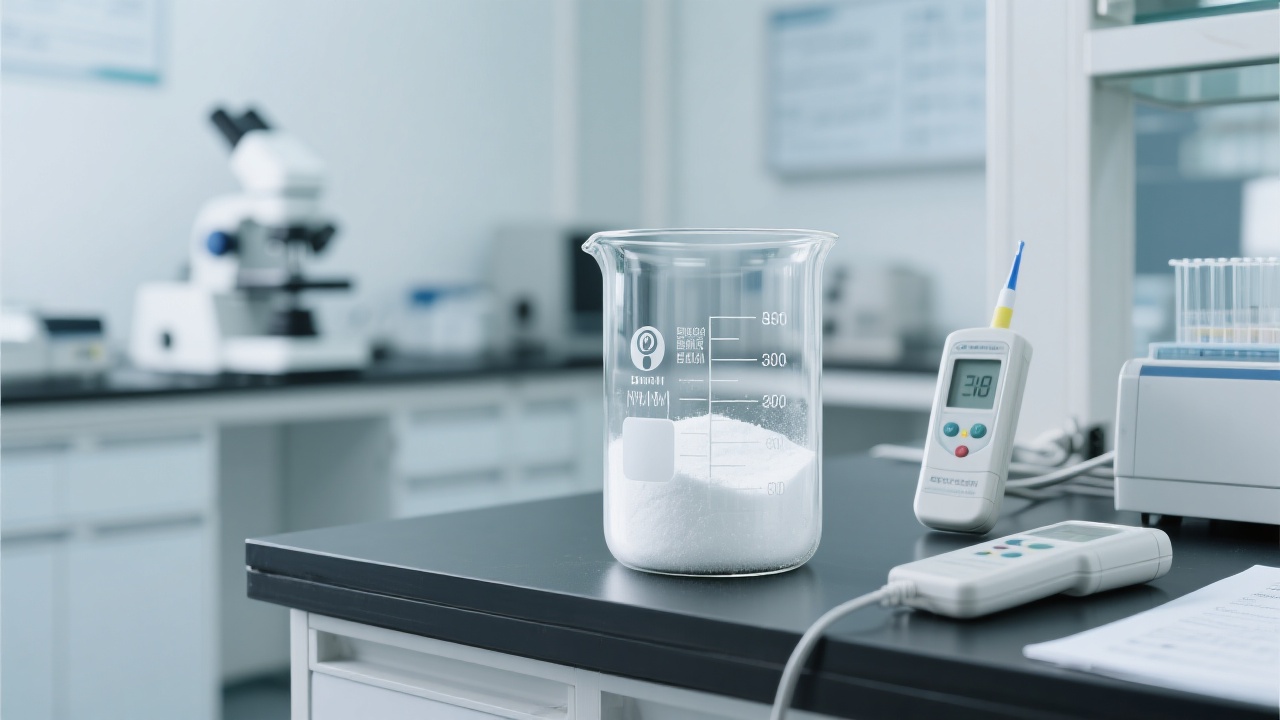
In today’s competitive global market, industrial-grade ammonium sulfate isn’t just another fertilizer—it’s a strategic asset. Whether you're sourcing nitrogen for high-yield crops or enhancing steel quality in metallurgy, this compound delivers precision, consistency, and compliance with international standards like ISO 9001 and ASTM D2447.
Studies from the International Fertilizer Association (IFA) show that applying 150–200 kg/ha of ammonium sulfate can increase wheat yields by up to 18% compared to urea-only treatments—especially in acidic soils where sulfur deficiency limits growth. Unlike many nitrogen fertilizers, ammonium sulfate provides both nitrogen (N) and sulfur (S), two essential nutrients for protein synthesis and chlorophyll production.
| Application | Yield Increase (%) | Key Benefit |
|---|---|---|
| Wheat (acidic soil) | +15–18% | Improved root development & grain protein content |
| Corn (sandy loam) | +12–16% | Enhanced drought resistance due to balanced N:S ratio |
| Vegetables (greenhouse) | +10–14% | Reduced leaf burn vs. ammonium nitrate |
What makes it stand out? Its low chloride content (<0.1%) prevents leaf scorching—a common issue with other nitrogen sources—and its slow-release nature ensures sustained nutrient availability over 4–6 weeks, ideal for long-season crops.

Surprisingly, ammonium sulfate also plays a critical role in steel manufacturing—not as a raw material, but as a flux additive in continuous casting processes. According to research published in Metallurgical and Materials Transactions B, adding 0.5–1.0% ammonium sulfate to mold powder reduces surface defects by up to 30%, particularly in hot-rolled steel coils used in automotive and construction sectors.
This improvement comes from its ability to lower the melting point of slag while stabilizing viscosity—an effect that minimizes cracking during cooling. For OEMs seeking tighter tolerances (±0.05 mm) in sheet metal parts, this translates directly into fewer rejects and higher throughput.

Export-ready batches undergo rigorous testing: pH (4.5–6.0), moisture content (<0.5%), and heavy metal limits well below EU REACH thresholds. This level of quality control is why over 70% of our clients in Europe and Southeast Asia prefer our steel-grade ammonium sulfate over alternatives—even if they’re slightly more expensive upfront.
Whether you're an agri-trader in Brazil, a steel mill operator in Turkey, or a distributor in India, our certified product bridges the gap between science and application. We don’t just sell fertilizer—we deliver measurable ROI through proven performance across industries.
If your business relies on consistent nutrient delivery or superior metal finishes, it’s time to evaluate how ammonium sulfate (steel grade) can become part of your supply chain advantage.
Ready to boost yield and reduce waste? Let’s discuss how our export-grade ammonium sulfate can be tailored to your specific needs—whether for agriculture or steel production.
Get Your Customized Sample Kit Now
